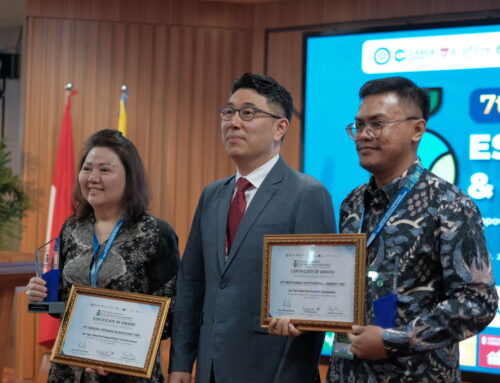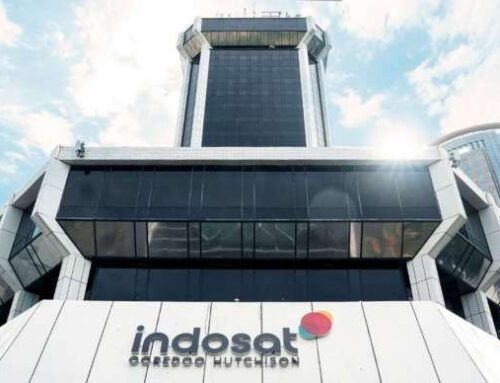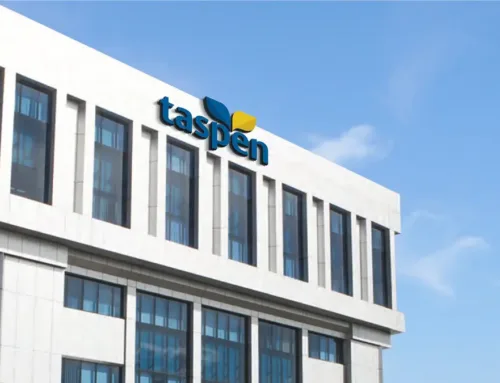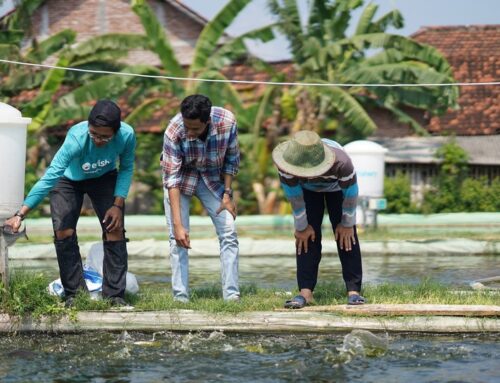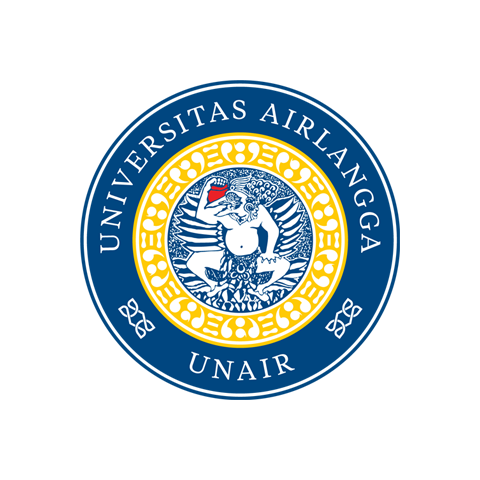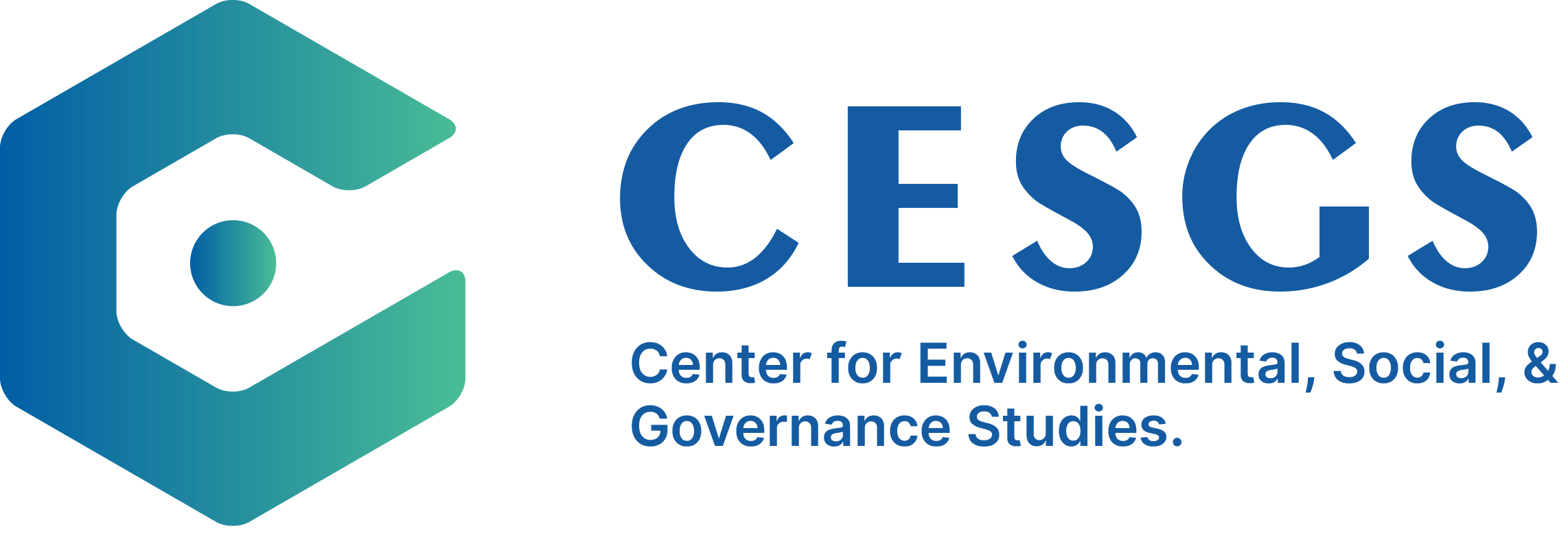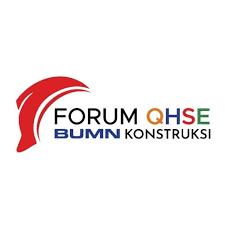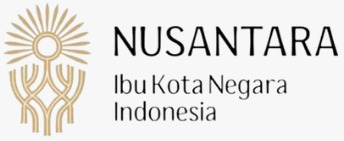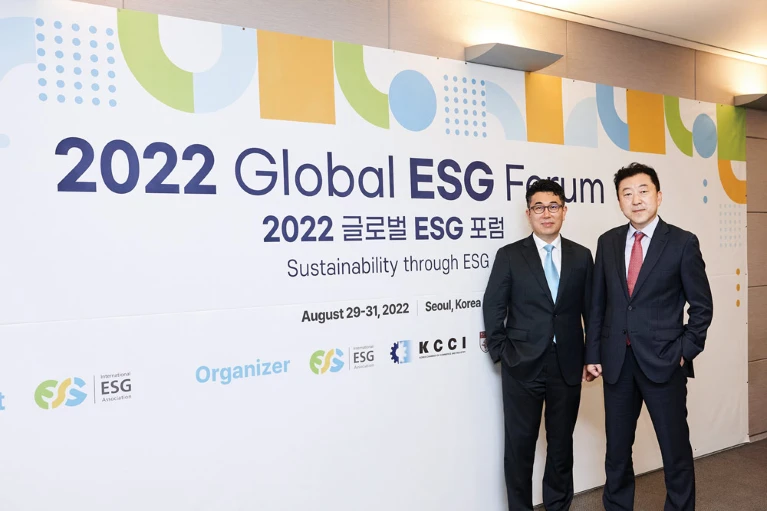
A sustainable match A new association has hit the ground running with activities aimed at improving business ESG practices.
In March 2020, Jay Hyuk Rhee was speaking at a Korea University seminar about environment, social and governance (ESG) business practices. After his talk he was approached by Yong Sik Ok, whose background is quite different to his. Rhee is a professor at Korea University’s School of Business Administration and the director of the university’s ESG Research Center. Ok is a professor at the university’s Division of Environmental Science and Ecological Engineering and the first South Korean to be simultaneously designated as a Highly Cited Researcher in the fields of environment and ecology, and engineering. Ok said he was interested in learning more about ESG practices.
The two immediately hit it off, finding a mutual passion for contributing to social needs. Their common interest led to frequent meetings — up to five a week — according to Rhee, and eventually they set up the foundation of the International Environment, Social and Governance Association (IESGA) a year later on 4 May 2021.
The association rapidly built up a network of 399 universities in 48 countries on five continents. “We are taking this journey very seriously,” says Rhee. “I believe that Professor Ok and I are going to make changes to South Korean society with the IESGA.”
The IESGA aims to improve information creation and sharing about ESG management through linking businesses with academics, from different fields of expertise, whose research findings can help predict future directions for ESG practices. “We get their opinions and predictions regarding plastic waste or water management, for example, then deliver it to corporations,” says Ok. “We play the matchmaker.”
These predictions aim to give corporations a head-start to incorporate the latest and most relevant ESG practices into their business structures. This not only helps to protect the environment and improve business sustainability, but also encourages ethically conscious investors to take notice.
The IESGA presently mainly advises corporations in South Korea, but will soon expand its consultancy services worldwide, especially to companies in developing economies, says Rhee.
In addition to its consultancy services, the IESGA launched the Global ESG Lecture Series in collaboration with major South Korean academic societies and industries. Monthly events have been held on topics such as the relevance of ESG scores for attracting investors, and how companies can integrate ESG performance measurement to develop sustainable supply chains.
Not long after its foundation, the IESGA collaborated with Nature Conferences and LG Energy Solutions to hold a hybrid event on waste management and valorisation, attracting more than 2,000 attendees from 97 countries. In August 2022, the association held its first Global ESG Forum in South Korea with a focus on sustainability through ESG. More than 1,000 participants from 55 countries attended. Rhee and Ok are already working on plans for the next three Global ESG Forums, which they aim to hold in Singapore, Europe and the USA.
The professors also offer two MBA courses in South Korea and internationally, in conjunction with the IESGA, on business and environment, and sustainability in ESG management. These courses target students eager to find business opportunities associated with ESG practices.
“People are changing, not only their philosophies, but also their behaviours,” says Rhee. Younger generations in South Korea, for example, have demonstrated that they are willing to pay more for products made by corporations with strong reputations in terms of ESG practices. “As long as we have good systems of information sharing through messaging, social networks and video clips, I believe more and more consumers will join this new journey. This is something I’m looking forward to,” says Rhee.

